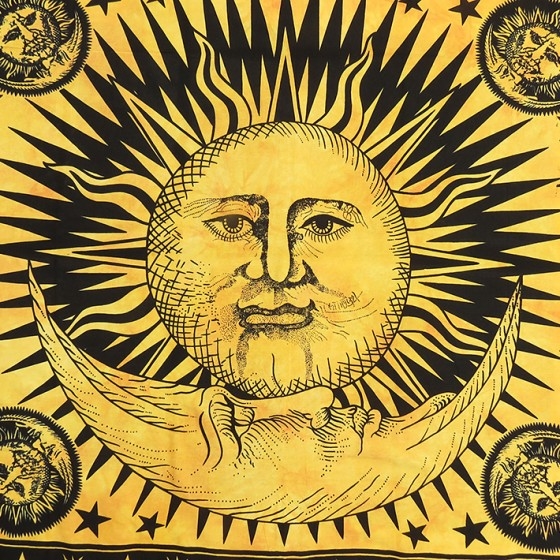Last week I attended a beautiful and sad funeral. It reminded me of the other funerals I had attended earlier in my life. One of them was when I was a young boy and had to bury my hamster in the garden. Not comparable to the loss of a family member of course, but in essence of my story it is the same: we are all part of a circle of life. A song from the Lion King with the same name popped up in my head.
It's the Circle of Life And it moves us all Through despair and hope Through faith and love Till we find our place On the path unwinding In the Circle The Circle of Life
Eventually all organic matter is recycled and used again, as long as it is participating in an ecosystem. Bacteria, micro-organisms, worms, insects, they all feed upon the organisms fallen on the ground. Dying organisms fall off the ladder of the food-chain, sometimes as far as the ground, sometimes half way. But always down. Degradation of the organic matter is a necessity, because no natural process occurs with 100% efficiency. But that would lead to a decreasing amount of complex organic matter in a closed system, you would say.
This is contradictory to what happens in reality. In an (by humans) untouched ecosystem the amount of organic matter would only increase. Why is this? It is because of the sun. Indirectly the sun feeds the entire system with billions of small packages of energy. Plants are able to capture solar energy by making complex molecules out of CO2, water and minerals from the soil. These plants are (partially) eaten by organisms in different positions in the food-chain and thus drives the circle of life.
Back to the song from the Lion King. "The circle of life moves us all". Technically it is the sun that drives the circle of life, and consistently moves us all. We eat solar energy, we drink solar energy, we receive and give solar energy. It is interesting to calculate the amount of solar energy captured by plants per surface area and compare this with the amount of energy we use in our lifestyles. If surface area is limited to a certain group of people, for example on an island, these numbers can easily give valuable insight. Long story short: using more energy than the sun gives is impossibly sustainable. In reality due to inefficiencies in digestion, production, growth and maintenance of plants, etc., using as much energy as the sun gives would mean a fall from a high ladder to the cold ground below.
